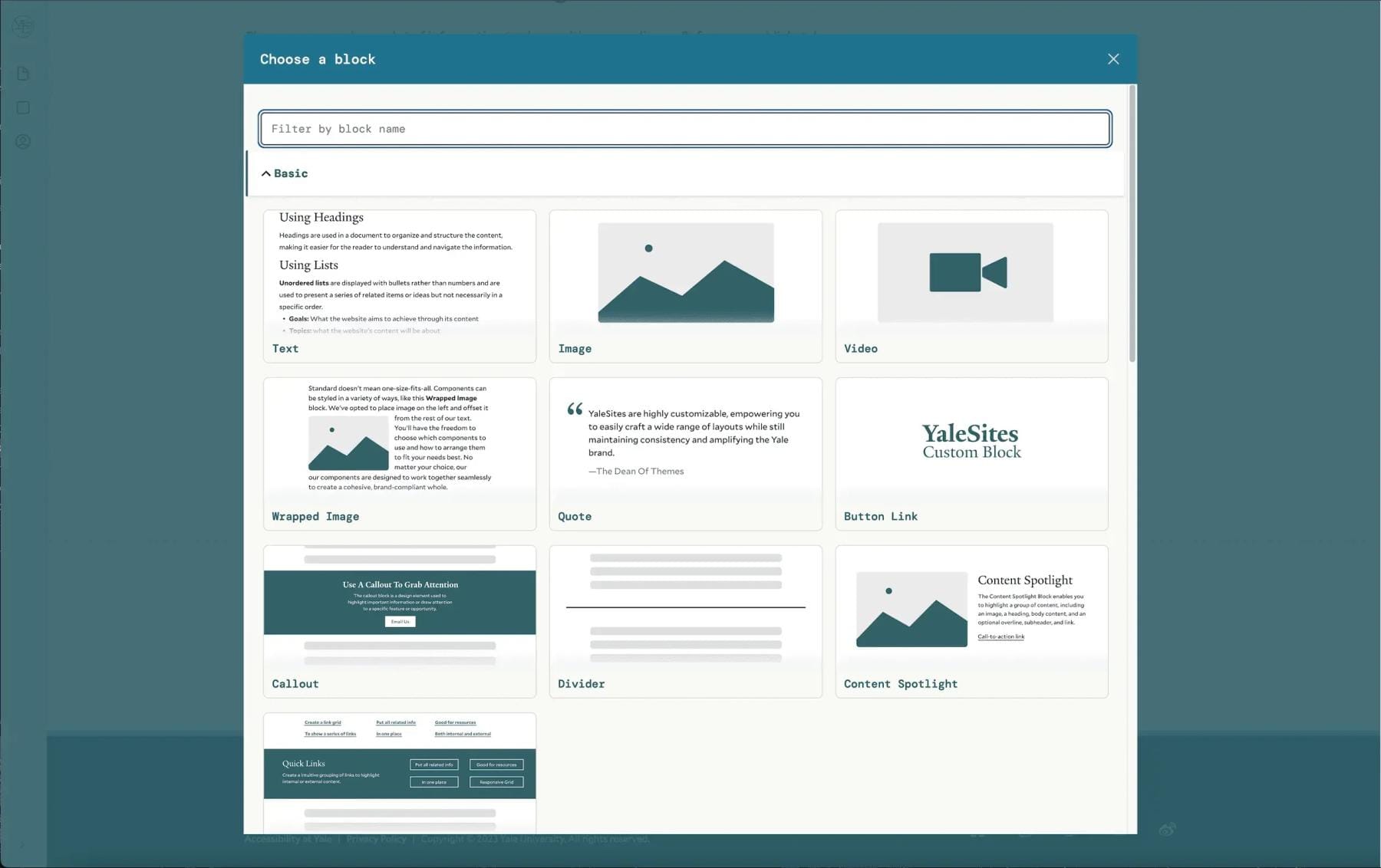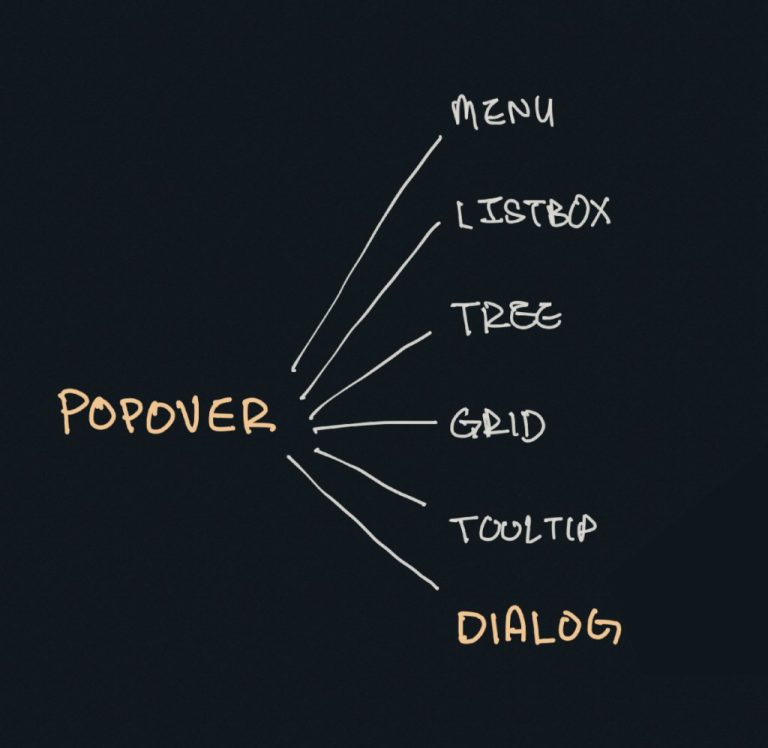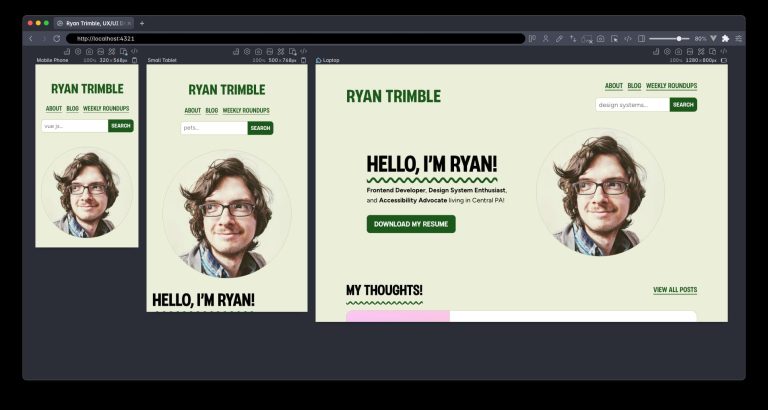Launching a comprehensive ecosystem powered by open-source
Table of Contents
Yale set out to build an innovative publishing platform that harnesses the power of open-source technologies to revolutionize content creation, management, and delivery. This initiative marks a significant milestone in Yale’s digital transformation journey, empowering users with unprecedented flexibility and control over their content.
Emulsify and Yale: Redefining digital collaboration and brand unity

Adding blocks in the YaleSites administrative interface.
Emulsify brings the power of choice to site creators using YaleSites. This robust toolkit has become the cornerstone of Yale’s unwavering commitment to redefining digital collaboration and achieving unparalleled brand unity.
With Emulsify as its guiding force, Yale has crafted a design system that blends its illustrious history and leading vision for the future. By adopting a component-based design and development approach, the University has enhanced the efficiency of its website initiatives and elevated the overall quality of its digital experiences. Site creators get the best mix of expression and brand familiarity without worrying about approval from the branding team or the accessibility experts.
Emulsify isn’t just a tool — it‘s a catalyst for Yale’s digital renaissance, empowering the University to embrace the boundless potential of open-source technologies and cutting-edge design principles.
YaleSites’ strategic implementation of design tokens has fostered an environment of unprecedented collaboration where designers and developers work in harmony. This spirit of cooperation extends to Yale’s unwavering dedication to accessibility, ensuring that every website is inclusive and accessible to all users, regardless of their abilities or circumstances.
Artificial intelligence (AI) integration with AI at Yale
Want to know where to grab the best slice of pizza while you’re on campus? Yale’s AI chatbot will set you on the right path for an iconic New Haven pie. Dining wayfinding is just the beginning. In addition to providing dining recommendations, AI now supports a wide range of features and services for the Yale community.
AI at Yale ushers in a new era, transcending conventional website structures in favor of a unified user interface supported by an advanced content platform. This foundational platform unleashes the full potential of Yale’s AI chatbot, rendering Yale’s content highly amenable to machine reading. Integration with Drupal data further enhances its functionality while cutting-edge prompt engineering tailors interactions with the chatbot to user preferences, including specific topics (and emojis 😄).
From academic resources and campus event information to transportation and housing assistance, AI chatbots have become a preferred method for sharing information across Yale. With its intuitive user interface and advanced technology, Yale’s AI chatbots make navigating campus life easier and more efficient. As the platform continues to evolve and expand, it promises to revolutionize how students, faculty, and staff get their information.
The journey to AI
The collaboration between Four Kitchens and Yale has played a crucial role in the University’s integration of AI. This partnership successfully introduced Drupal to campus with YaleSites version 1 in 2010 and established a precedent for innovative approaches to scaling Drupal for enterprise use.
The recent AI integrations, following the completion of YaleSites version 2 in late 2023, solidifies Yale and Four Kitchens as leaders in the AI and Drupal landscape, showcasing their capacity to pioneer in uncharted territories. The ongoing collaboration has allowed for continuous learning and growth. This has enabled Yale to stay ahead of the curve and provide its students, faculty, and staff with cutting-edge tools and resources.
The integration of AI has improved the user experience with Yale websites and improved efficiency and streamlined processes across the University. With the success of AI at Yale, other institutions are now looking to Yale and Four Kitchens as examples of innovation and progress in higher education technology.
Together, they continue to push the boundaries and drive the use of AI — and Drupal — to new heights.





